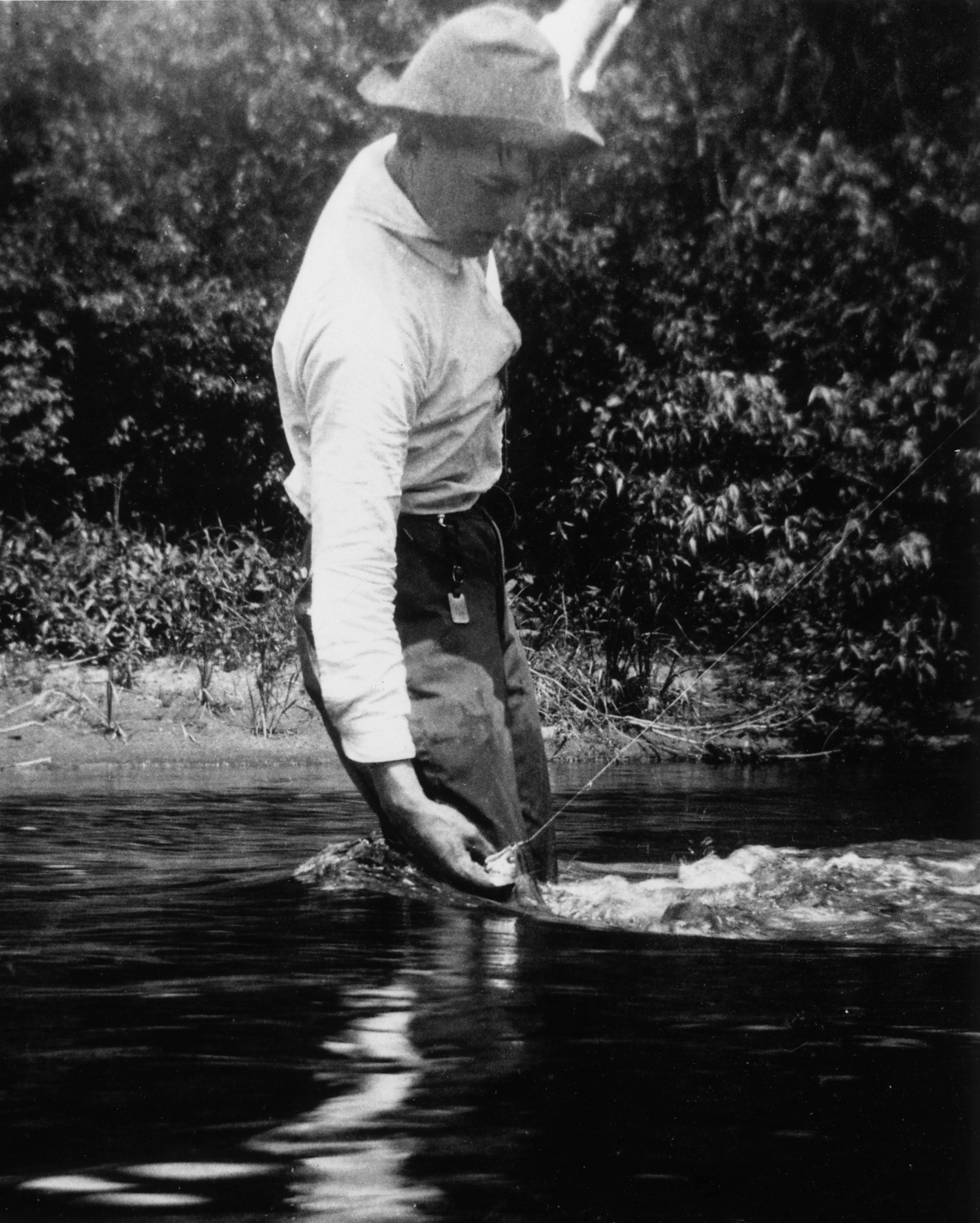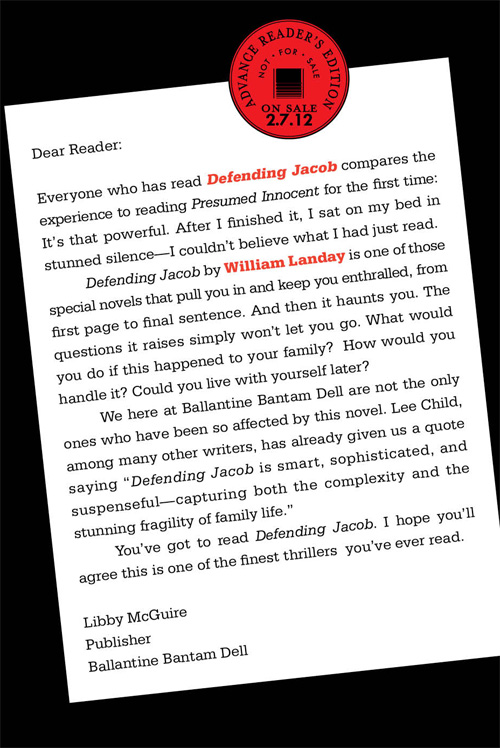
Ernest Hemingway, age 17, fishing at Walloon Lake, Michigan (1916). Below, another photo of Hemingway apparently from the same trip. Today is Hemingway’s 112th birthday. (Sources: Wikimedia Commons, JFK Library.)
Official website of the author

Ernest Hemingway, age 17, fishing at Walloon Lake, Michigan (1916). Below, another photo of Hemingway apparently from the same trip. Today is Hemingway’s 112th birthday. (Sources: Wikimedia Commons, JFK Library.)
So Whitey Bulger has been caught, and Boston’s greatest crime story will finally have its denouement. Not climax; we’re long past that. But we’re into the last few pages: a few courtroom scenes, a few loose ends to tie up, then we can close the book. (If you need a crash course on the case, start with these articles by George V. Higgins and Alan Dershowitz.)
But why wait for the ending? Already we seem to have decided how the story will be told: Whitey Bulger will go down as an arch gangster, and his signature achievement will be playing the FBI for fools. That was the story told memorably in Black Mass, the nonfiction account by reporters Dick Lehr and Gerard O’Neill. The theme of informants-run-amok was revisited in “The Departed,” where Jack Nicholson played a gangster “inspired by” Whitey, though Nicholson’s performance was so ridiculous, the rest of the country must have wondered what the hell we Bostonians were so scared of. A second movie is already in the works, this time about Bulger’s murderous Winter Hill Gang, based on a book by its chief thug, John Martorano. We’ll have to wait and see of course, but I’m guessing it’ll be more hard-boiled mobster stuff. John Martorano isn’t exactly the man to write a sensitive, nuanced portrait of his old boss.
I don’t object to any of this. Reducing the story to the familiar shape of a gangster flick is fine, as far as it goes. I love gangster stories as much as anyone. I do have reservations about mythologizing a killer like Whitey, who was exceptionally sadistic even by the standards of his profession. But then, vicious mobsters have inspired great fiction before. Al Capone gave us “Scarface” and “The Untouchables.” Dutch Schultz begat E.L. Doctorow’s Billy Bathgate, one of the best “literary” crime novels I’ve ever read. New York’s Five Families provided the raw material for The Godfather. These are romanticized versions of the truth, of course, and Whitey will have to be romanticized too, for dramatic reasons. But no one is naive enough to believe that these fictions are intended as accurate portraits. So if writers want to retell Whitey’s story as if it was just another gangster movie — “Scarface” or “Goodfellas” with a Boston accent — I say, more power to ’em. Lord knows, I’ve written similar stuff.
But I hope someone will also step forward to write the real story of Whitey Bulger in the full context of his time and place. Which is to say, I hope someone will write the truth. The story is much more complex than Bulger’s manipulation of his FBI handlers. It sprawls over the whole city of Boston. The Bulger book I want to read might be “literary true crime,” like In Cold Blood or The Executioner’s Song, or it may be straight literary historical fiction like Doctorow’s Ragtime or Billy Bathgate. Best of all, perhaps it would be a fictionalized biography, like Colum McCann’s wonderful Dancer or Colm Toibin’s The Master, the sort of book that brings the real man to life. Whatever the style, the book would be big and baggy and discursive enough to tell the whole story.
“The Concert is a painting of c. 1664 by Dutch painter Johannes Vermeer. It was stolen from the Isabella Stewart Gardner Museum in Boston in March 1990. It is considered the most valuable painting currently stolen. Its value has been estimated at over $200,000,000. It remains missing to this day.” — Wikipedia
Every writer is a thief, though some of us are more clever than others at disguising our robberies. The reason writers are such slow readers is that we are ceaselessly searching for things we can steal and then pass off as our own…
Joseph Epstein (via austinkleon)
The publicity onslaught continues! Random House has printed a second round of advance editions, this one for independent booksellers, and again it’s a doozy. The cover is below.
Obviously this is incredibly flattering. It is not every day that the publisher herself personally goes to the mat for any novel, let alone endorsing one in such glowing terms. I am deeply grateful. Thank you, Libby!

It is odd to read such enthusiastic praise while I am in the early, floundering, confidence-crushing stages of my new book. Even now, with three decent novels under my belt, I feel like an absolute beginner every time I start a new one. I think that will always be true for me. Novel-writing will always be an uphill struggle. It can’t be mastered. That is especially clear now, at the start, when the story hasn’t revealed itself yet. Everything I learned writing the last book does not help much when I sit down to write the next one. So this endorsement comes at a welcome moment. After all, Defending Jacob was a struggle, too. It is helpful to remember that.